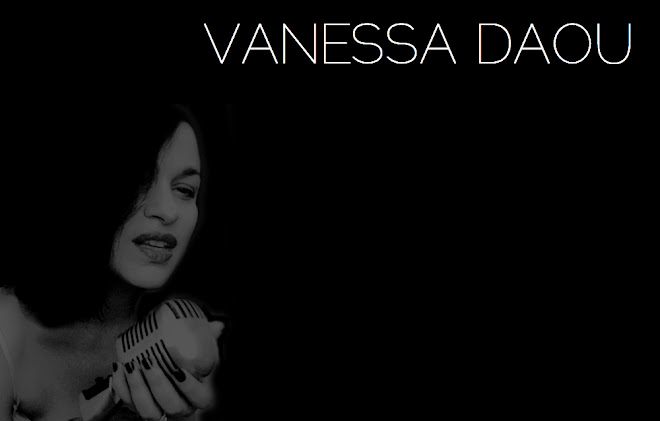Recently, Camille Paglia dismantled Lady Gaga's throne in 'Lady Gaga and the death of sex':
"Can it be that Gaga represents the exhausted end of the sexual revolution? In Gaga’s manic miming of persona after persona, over-conceptualised and claustrophobic, we may have reached the limit of an era..."We now accept simulation and imitation as fertile ground for artistic expression where once this would have been seen as lacking the necessary quality of authenticity, Kandinsky's inner necessity. Artists of the Postmodern age proudly take refuge in places that artists of the past would have been ashamed to go. There is a lack of definition, a plurality of styles. There is a shamelessness that has become acceptable, even, arguably, essential.
Our critical lexicon has changed: we accept what to previous generations would have been anathema to their artistic sensibilities: simulation, appropriation, co-optation, gentrification. We have reached a point where we view art in terms of economic as opposed to aesthetic value, statement of style as opposed to Truth, means to an end - fame, notoriety - as opposed to an end in itself.
 Alison Pearlman talks about how the "reduction of reference to style" of art here, and its how pluralism made works of art vulnerable to misappropriation: how the commodification of art works has led to their diminished import. But does wearing a T-shirt of the Mona Lisa diminish our appreciation? Or, does our once-removed possession of her (as symbol, as myth, as masterpiece) bring us closer to genuine connection & communion with her?
Alison Pearlman talks about how the "reduction of reference to style" of art here, and its how pluralism made works of art vulnerable to misappropriation: how the commodification of art works has led to their diminished import. But does wearing a T-shirt of the Mona Lisa diminish our appreciation? Or, does our once-removed possession of her (as symbol, as myth, as masterpiece) bring us closer to genuine connection & communion with her?Cindy Sherman addresses themes of (mis)appropriation, reproduction, (re)presentation, fragmentation, (de)mythification, denotation, (self)promotion, (self)realization. Critics of the past would have had us believe these are tricks, devices that fool the eye and this, once gleaned, should result in a reduction of pleasure. But instead of "growing weary of the song" our pleasure and wonder, it seems, grow along with our respect - Respect for the multiplicity, the plurality, the layers of meaning that have been so shamelessly borrowed, appropriated, indeed, sometimes stolen.
What we sense from Lada Gaga is an urgent need to express the Outrageous, the Untoward, the Unfettered, the previously Unimagined. Like Erica Jong's Isadora Wing & Stieg Larsson's Lisbeth Salander, she has energized, re-contextualized, and denuded her physique to create a new kind of sexuality, one that we, perhaps, don't yet have the language or vocabulary to describe or deconstruct.
While I agree with Paglia that we are seeing the death of the Sexual Revolution as we have come to know it 1 - and that Lady Gaga symbolizes the flame-out of its star-burst - it's just as possible that what she signals is the spark, albeit almost imperceptible, of new one.
While I agree with Paglia that we are seeing the death of the Sexual Revolution as we have come to know it 1 - and that Lady Gaga symbolizes the flame-out of its star-burst - it's just as possible that what she signals is the spark, albeit almost imperceptible, of new one.








